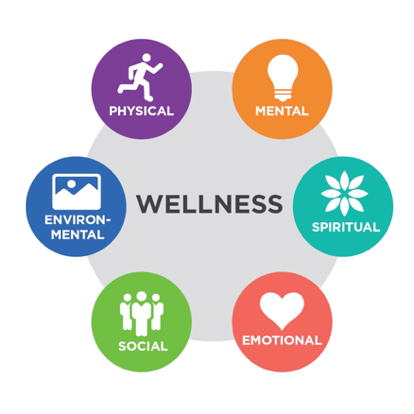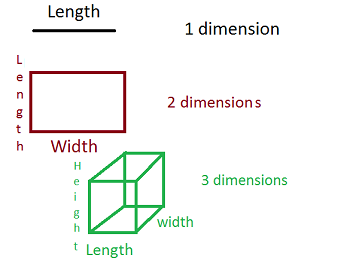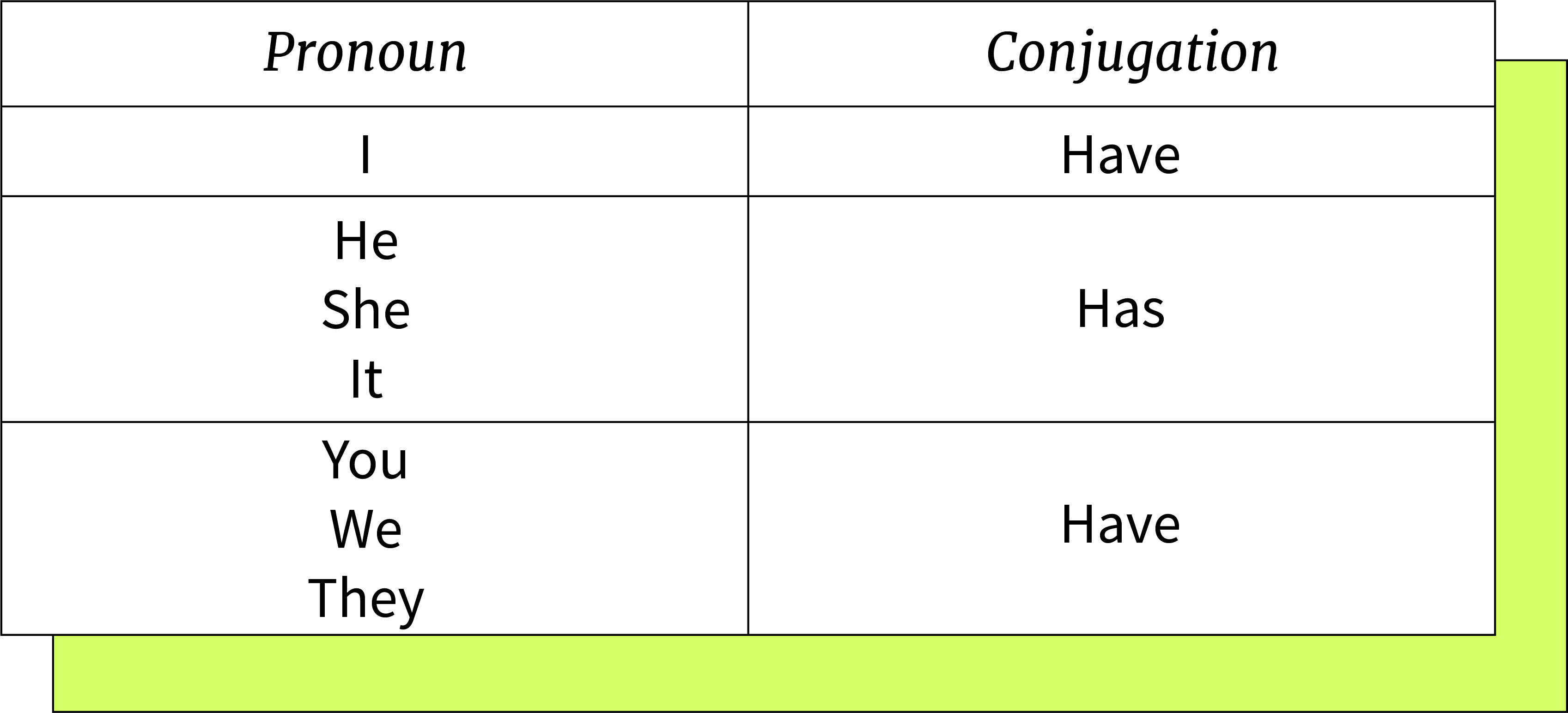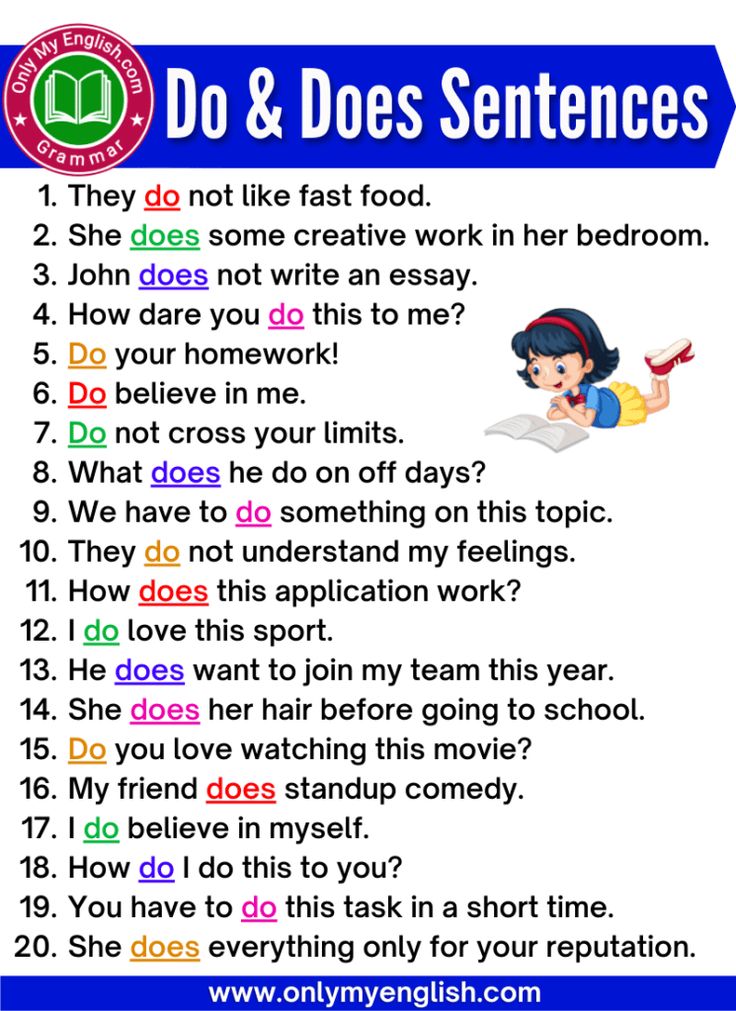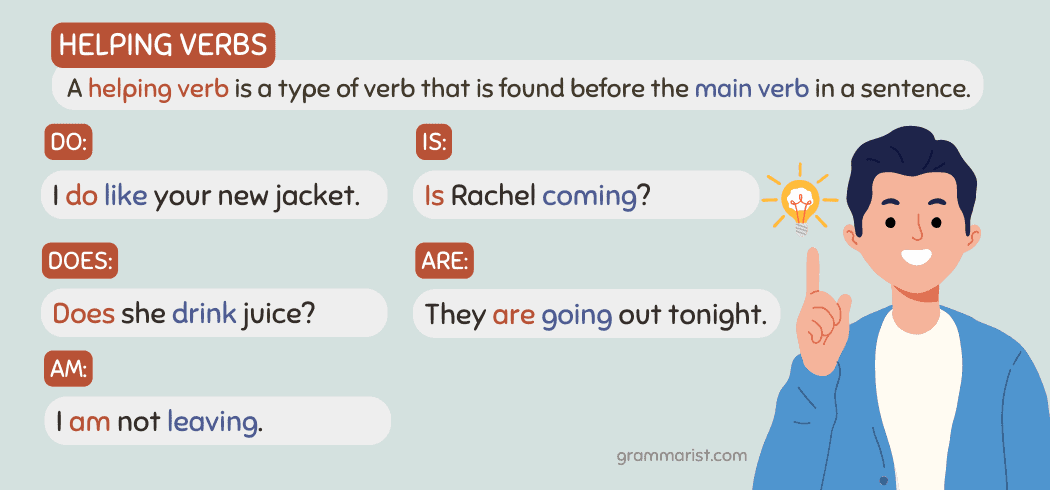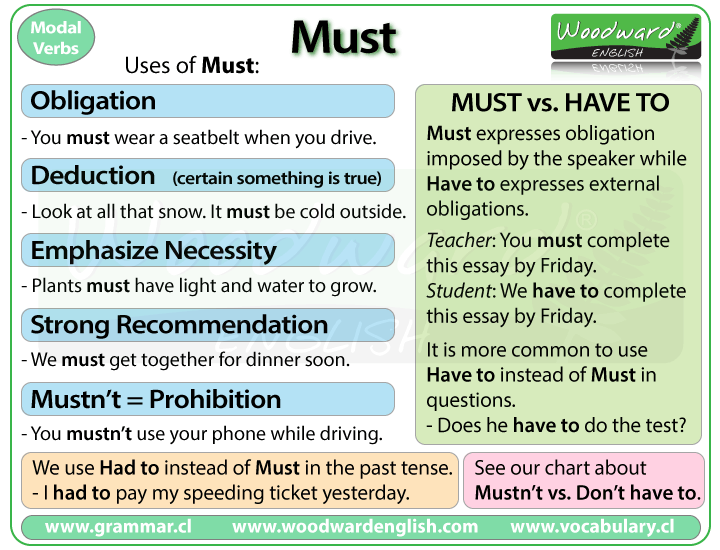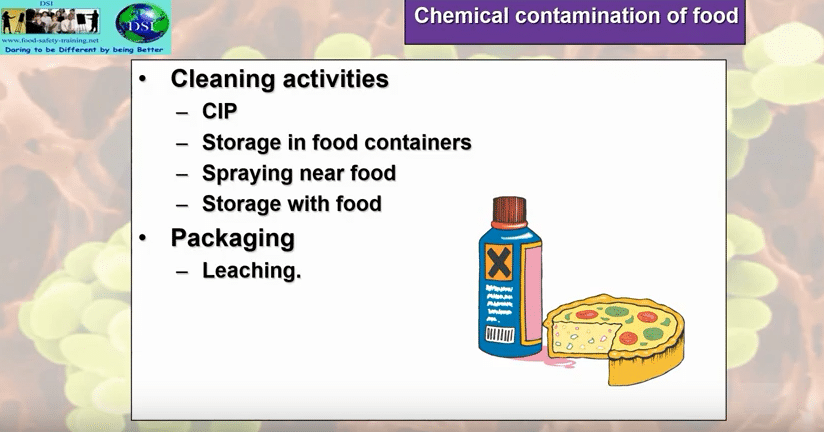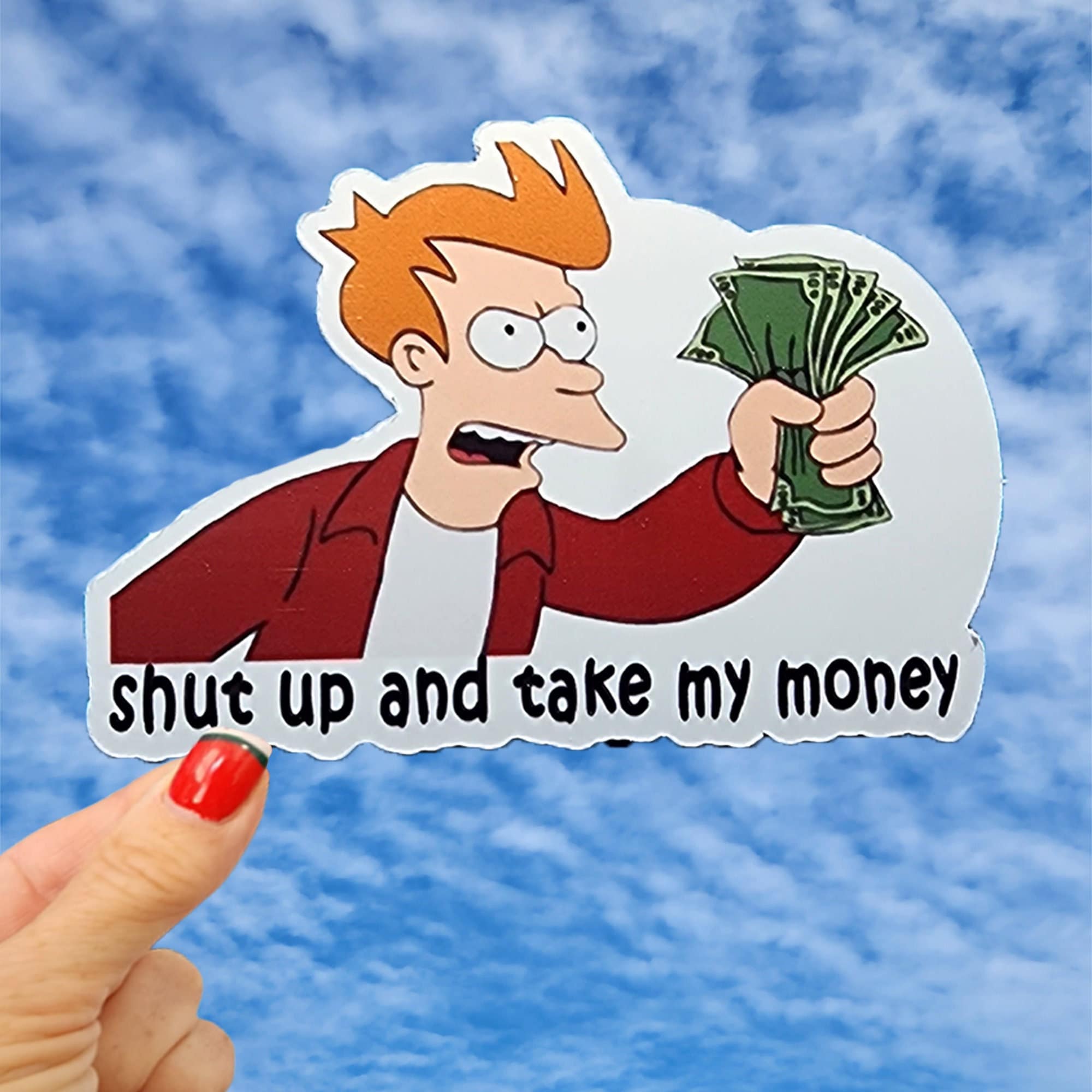Navigating the Absence of Marketing: How It Impacts Individuals and Organizations
Introduction: The Hidden Costs of No Marketing
Marketing shapes how products, services, and ideas are discovered, understood, and valued. Whether you are a consumer, entrepreneur, or team leader, the absence of marketing has direct and indirect consequences on your ability to connect, grow revenue, and access opportunities. This article explores how individuals are personally affected when marketing is absent, with practical guidance and real-world examples to help you mitigate these effects.
Understanding Personal Impact: Why Marketing Matters to You
Marketing is not just a business function-it is the engine that powers visibility, awareness, and connection. Without marketing, individuals face these core challenges:

Source: revolveyou.com
- Limited access to new products and services : Without marketing, you would struggle to learn about innovations or solutions that could improve your life. Everyday decisions-from choosing health services to finding new technology-become harder and less informed [3] .
- Reduced career and business opportunities : Professionals in sales, lead generation, and entrepreneurship rely on marketing to generate leads and close deals. The absence of marketing means fewer job openings, networking events, and growth opportunities [2] .
- Difficulty finding solutions to problems : From searching for dental specialists to locating government programs, marketing connects people to real-world solutions and resources. Without it, you must rely on word-of-mouth or random discovery, which is inefficient and unreliable.
Brand Visibility and Mental Availability: The Forgotten Link
Marketing builds brand identity and keeps products or services top-of-mind. When marketing stops, brands lose visibility and customers forget about them. This affects you as a consumer and as a business professional:
- Loss of brand recall : Without marketing, you may forget about brands you once trusted, leading you to choose unfamiliar alternatives or spend more time researching [1] .
- Higher purchase costs : If you cannot recall a trusted brand, you may pay more for a less effective product or service, or fall prey to misleading alternatives without proper guidance [2] .
Case Example:
When major brands pause advertising, their sales typically decline and their market position erodes. Only the largest and fastest-growing brands can sometimes weather short-term absence, but even they eventually resume marketing to regain lost ground
[1]
.
Revenue Growth and Lead Generation: The Invisible Engine
Marketing drives the buyer’s journey, from awareness to consideration to decision. Without marketing, individuals and businesses miss critical opportunities:
- Fewer leads and sales : Sales professionals and businesses depend on marketing to fill their pipelines. Without it, revenue growth stalls, and competition for limited opportunities intensifies [2] .
- Missed growth opportunities : Organizations without marketing may overlook new markets, customer segments, or partnership possibilities. For individuals, this means fewer chances to advance or diversify [5] .
Implementation Guidance: If you face limited lead generation or sales due to an absence of marketing, you can:
- Leverage professional networks (LinkedIn, industry associations) to identify potential partners and clients.
- Conduct direct outreach using cold email or phone campaigns, focusing on personalized value propositions.
- Attend local industry events or webinars to connect with prospects and stay informed about market trends.
- Search for reputable lead generation platforms or consult local chambers of commerce for business directories.
While these steps may be more time-consuming than automated marketing campaigns, they offer alternative pathways for connection when marketing is unavailable.
Competitive Disadvantage and Market Share: What You Lose
Marketing creates an edge by positioning brands in front of their target audience. Without it, you may be left behind:
- Competitors gain ground : Brands that invest in marketing are seen and remembered, capturing market share and customer loyalty while others fade into obscurity [3] .
- Reduced access to innovations : Industries driven by marketing-such as technology, healthcare, and finance-advance more quickly, providing customers with better solutions and experiences [3] .
Alternative Approach: If you feel disadvantaged, consider joining consumer advocacy groups, subscribing to industry publications, and networking with thought leaders to stay ahead of trends and innovations.
Confusion, Trust Issues, and Customer Engagement
Without marketing, customers face inconsistent messaging and diminished trust, making decision-making difficult:
- Confusing product information : Poor or absent marketing can result in mixed messages, leaving you unsure about the value or quality of offerings [4] .
- Erosion of trust : Brands unable to communicate effectively lose credibility. As a consumer, you may hesitate to purchase or recommend products without clear, consistent information [4] .
- Lower engagement : Without targeted campaigns and communications, you may disengage from brands or lose interest in available options [5] .
Practical Steps: To overcome confusion and trust issues, you can:
- Seek recommendations from friends, family, or trusted professionals.
- Research independent reviews and third-party evaluations for products or services.
- Contact companies directly for detailed information, using official customer service channels or verified company websites.
- Participate in forums or social media groups dedicated to relevant topics or industries.
Accessing Services and Opportunities Without Marketing
In the absence of marketing, accessing resources and opportunities requires a proactive approach. Here’s how you can find what you need:
- Use official channels : For government programs, always visit the official agency website (for example, Healthcare.gov for health insurance, or search for ‘Affordable Connectivity Program’ on the Federal Communications Commission’s website for internet discounts).
- Leverage local networks : Community organizations, business chambers, and local events may provide information about available services or opportunities.
- Employ targeted search strategies : Use specific keywords related to your needs in search engines, such as “dental implant specialist” or “business grants for startups.” Filter results by reputable sources, such as .gov, .edu, or established organizations.
- Contact industry associations : Many professions have associations that offer directories, guidance, and support for both professionals and consumers.
- Request referrals : Ask peers, mentors, or existing service providers for recommendations to trusted solutions or providers.
Example: If searching for small business grants, begin with the U.S. Small Business Administration (SBA) official website. For healthcare options, use Healthcare.gov or state health department portals. For specialized professionals, consult industry-specific directories or trusted review sites.

Source: revolveyou.com
Key Takeaways and Action Steps
The absence of marketing impacts individuals at every level-from daily choices to career advancement and business survival. To mitigate these effects:
- Be proactive in seeking out information using official and reputable channels.
- Engage with professional and consumer networks to share knowledge and opportunities.
- Leverage digital tools, such as online directories and verified review sites, to make informed decisions.
- Support brands and organizations that communicate transparently and consistently.
By understanding the personal impact of marketing’s absence and applying these strategies, you can continue to access opportunities, make confident decisions, and maintain your competitive edge.
References
- [1] Marketing Science (2021). What happens when brands stop advertising?
- [2] Olive Tree Marketing (2024). Consequences of Neglecting Marketing
- [3] Adtaxi (2024). The Cost of Not Investing in Digital Marketing
- [4] Adzmode (2023). 10 Fatal Effects of Poor Marketing Strategy
- [5] The Social Media Hat (2024). What If You DON’T Have A Marketing Strategy?
MORE FROM eboxgo.com
